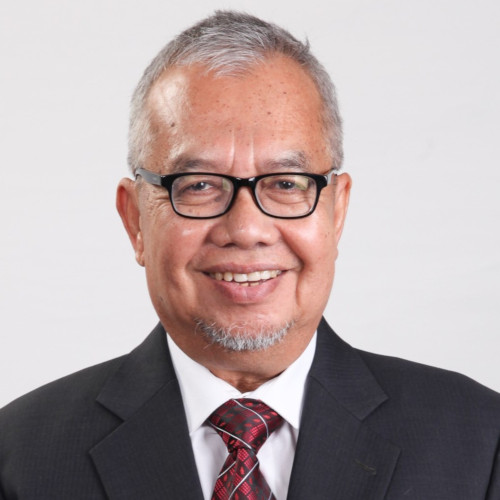By: Professor Dato Dr Ahmad Ibrahim
The world is never free from conflicts. It can be over territorial ownership as we have seen in Gaza. The pursuit to own big oil reserves has also been a source of skirmishes. But increasingly, many see water as the next reason for conflicts which can even escalate into war. Water is a critical resource for life, ecosystems, and economic development, yet it faces numerous global challenges. These include scarcity, pollution, unequal access, and the impacts of climate change. Many countries share water resources. Many rivers run through many countries. A good example is the Nile which flows through countries including Ethiopia, Sudan and Egypt, the main ones. Then there is the Mekong river which is also shared by countries in Indo-China.
Water scarcity is becoming more prevalent. Over 2 billion people live in countries experiencing high water stress, and about 4 billion people face severe water scarcity at least one month per year. Causes include over-extraction of groundwater, population growth, and inefficient water use in agriculture, industry, and households. Water pollution is a regular occurance. Industrial discharge, agricultural runoff (pesticides and fertilizers), and untreated sewage contaminate freshwater sources. Pollutants like microplastics and heavy metals further degrade water quality, threatening human health and ecosystems. Millions of people, particularly in developing countries, lack access to safe drinking water and sanitation. Marginalized communities, including women and children, are disproportionately affected.
It is no secret that climate change exacerbates water issues by altering precipitation patterns, causing droughts, floods, and glacial melt. Rising temperatures increase evaporation rates, reducing water availability in already arid regions. Transboundary water conflicts become inevitable. Shared water resources (rivers, lakes, and aquifers) often lead to disputes between countries, especially in regions like the Middle East, South Asia, and Africa. Agriculture accounts for 70% of global freshwater use, often inefficiently, leading to depletion of water resources.
Countries are collaborating through treaties and organizations to manage shared water resources. Examples include the UN Water Convention and the Indus Waters Treaty between India and Pakistan. The Sustainable Development Goal (SDG) 6 aims to ensure availability and sustainable management of water and sanitation for all by 2030. It is still uncertain whether this can be achieved. Many countries are adopting water-saving technologies, such as drip irrigation in agriculture and water recycling in industries. There are countries lead in water conservation, using desalination, wastewater recycling, and efficient irrigation systems.
Governments and organizations are building and upgrading water infrastructure, including dams, pipelines, and treatment plants. For example, China’s South-North Water Transfer Project aims to address water scarcity in the north by diverting water from the south. Countries are implementing stricter regulations on industrial discharge and agricultural runoff. The European Union’s Water Framework Directive sets standards for water quality and ecosystem protection. Nations are investing in climate-resilient water management, such as rainwater harvesting, flood control systems, and drought-resistant crops. The Netherlands is a pioneer in flood management, using innovative techniques like floating homes and water-absorbing urban designs.
NGOs and governments are working with local communities to improve access to clean water and sanitation. Programs like WaterAid and Charity Water focus on providing sustainable water solutions in developing countries. Advances in technology, such as desalination, smart water meters, and AI-based water management systems, are helping optimize water use. Countries like Saudi Arabia and the UAE are investing heavily in desalination to meet their water needs. Campaigns to raise awareness about water conservation and sustainable practices are being implemented globally. Schools and communities are being educated on the importance of reducing water waste and protecting water sources.
International financial institutions, such as the World Bank and the Asian Development Bank, are funding water projects in developing countries. Public-private partnerships are also being leveraged to finance water infrastructure and innovation. Challenges remain in addressing water issues. Many developing countries lack the financial resources to invest in water infrastructure and technology. Transboundary water disputes and domestic politics can hinder cooperation and implementation of solutions. Rapid urbanization and population growth increase pressure on water resources. Predicting and adapting to climate change impacts remains a significant challenge.
Water is a global issue that requires coordinated efforts at local, national, and international levels. While progress is being made through technological innovation, international cooperation, and community engagement, much work remains to ensure sustainable water management for future generations. Addressing water challenges is not only essential for human survival but also for achieving broader sustainable development goals.

The author is from the Tan Sri Omar Centre for STI Policy, IISDS, UCSI University, and is also an Associate Fellow at the Ungku Aziz Centre for Development Studies (UAC), Universiti Malaya.












Leave a comment